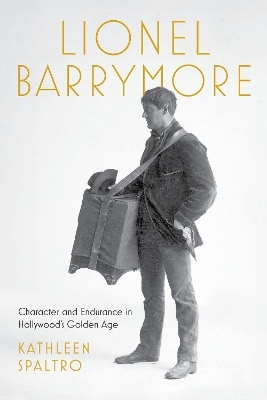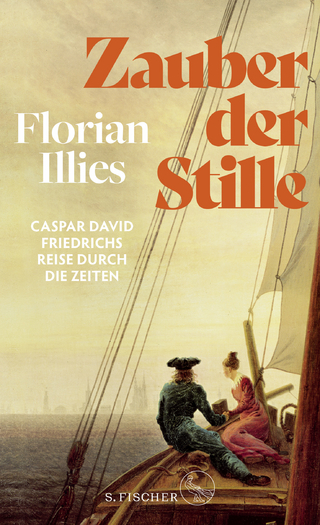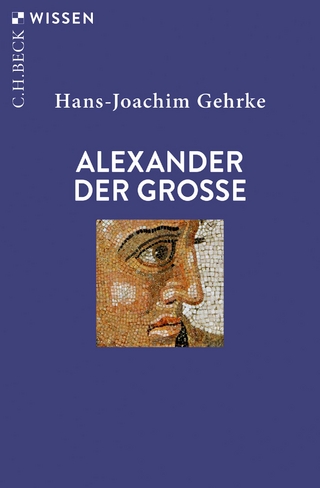
Lionel Barrymore
Character and Endurance in Hollywood's Golden Age
Seiten
2024
The University Press of Kentucky (Verlag)
978-1-9859-0050-9 (ISBN)
The University Press of Kentucky (Verlag)
978-1-9859-0050-9 (ISBN)
Once called "the most gifted character actor of our time" by Broadway theater producer Arthur Hopkins, Lionel Barrymore (1878–1954) was part of the illustrious Barrymore acting dynasty. Although he garnered success on stage and screen and was a talented actor, writer, director, visual artist, and composer, he never quite escaped the shadow of his family members—including his brother, John, famous for his leading roles. Barrymore won the Academy Award for Best Actor in A Free Soul (1931) and was nominated for Best Director for Madame X (1930). However, he is best known for his role as Mr. Potter in It's a Wonderful Life (1946) and as the voice of Ebenezer Scrooge in radio broadcasts of A Christmas Carol from 1934 to 1953/. He spent the last two decades of his career playing versions of his signature character—the curmudgeonly but lovable gentleman—in a variety of films from You Can't Take It With You (1938) to Key Largo (1948). Barrymore worked alongside some of Hollywood's most recognizable names, including Humphrey Bogart, James Stewart, Frank Capra, Lauren Bacall, Clark Gable, and Ava Gardner, and his legacy is enshrined at the Hollywood Walk of Fame, where he has two stars—one for radio and one for film.
In Lionel Barrymore: Character and Endurance in Hollywood's Golden Age, Kathleen Spaltro examines Barrymore as an individual rather than just a supporting cast member of the famous dynasty. This comprehensive study divides Barrymore's life into three compelling acts. Act One follows Barrymore's early days—his failed endeavor as a visual artist, his performances in the family vaudeville acts, his first silent motion pictures, and his greatest successes and failures on the stage. Act Two details Barrymore's establishment as a fixture at MGM, his foray into directing, his success as the first actor to thrive in the talkies, and his estimable Oscar-winning performance. Finally, Act Three expounds on Barrymore's curation of his trademark character—the endearing grouch—his exploits in radio, and his fateful final years. Spaltro also unearths Barrymore's personal challenges, recounts his difficulties with—and sometimes estrangement from—members of his family, and delves into the devastating losses Barrymore suffered: his divorce, the deaths of his two daughters, and later, the death of his second wife and the accidents that eventually consigned him to a wheelchair. Lionel Barrymore is a detailed, multifaceted portrait of a brilliant character actor.
In Lionel Barrymore: Character and Endurance in Hollywood's Golden Age, Kathleen Spaltro examines Barrymore as an individual rather than just a supporting cast member of the famous dynasty. This comprehensive study divides Barrymore's life into three compelling acts. Act One follows Barrymore's early days—his failed endeavor as a visual artist, his performances in the family vaudeville acts, his first silent motion pictures, and his greatest successes and failures on the stage. Act Two details Barrymore's establishment as a fixture at MGM, his foray into directing, his success as the first actor to thrive in the talkies, and his estimable Oscar-winning performance. Finally, Act Three expounds on Barrymore's curation of his trademark character—the endearing grouch—his exploits in radio, and his fateful final years. Spaltro also unearths Barrymore's personal challenges, recounts his difficulties with—and sometimes estrangement from—members of his family, and delves into the devastating losses Barrymore suffered: his divorce, the deaths of his two daughters, and later, the death of his second wife and the accidents that eventually consigned him to a wheelchair. Lionel Barrymore is a detailed, multifaceted portrait of a brilliant character actor.
Introduction
Act One, 1878–1925
Disorder and Early Sorrow, 1878–1893
Twenty Years, Two Apprenticeships, 1893–1912
Escape into Films, 1911–1917
The Valley of Indecision, 1917–1925
Act Two, 1925–1935
Silenced, Again, 1925–1928
Talkies Stardom and Detour into Direction, 1928 –1931
Scene Stealer, 1933–1935
Act Three, 1936–1954
Year of Disaster, 1936
Mike and Jake: Exit Jack, 1942
Radio Days and the Taxman Cometh, 1934 –1954
Brilliant Grouch
The Best Wine for Last, 1945–1953
Compensations, 1937–1954
Down the Valley of the Shadow, 1954
Acknowledgments
Appendix One
Appendix Two
Bibliography
| Erscheinungsdatum | 15.08.2024 |
|---|---|
| Zusatzinfo | 20 b&w illustrations |
| Verlagsort | Lexington |
| Sprache | englisch |
| Maße | 152 x 229 mm |
| Themenwelt | Literatur ► Biografien / Erfahrungsberichte |
| Kunst / Musik / Theater ► Film / TV | |
| Kunst / Musik / Theater ► Theater / Ballett | |
| ISBN-10 | 1-9859-0050-5 / 1985900505 |
| ISBN-13 | 978-1-9859-0050-9 / 9781985900509 |
| Zustand | Neuware |
| Haben Sie eine Frage zum Produkt? |
Mehr entdecken
aus dem Bereich
aus dem Bereich
Caspar David Friedrichs Reise durch die Zeiten
Buch | Hardcover (2023)
S. Fischer (Verlag)
25,00 €


